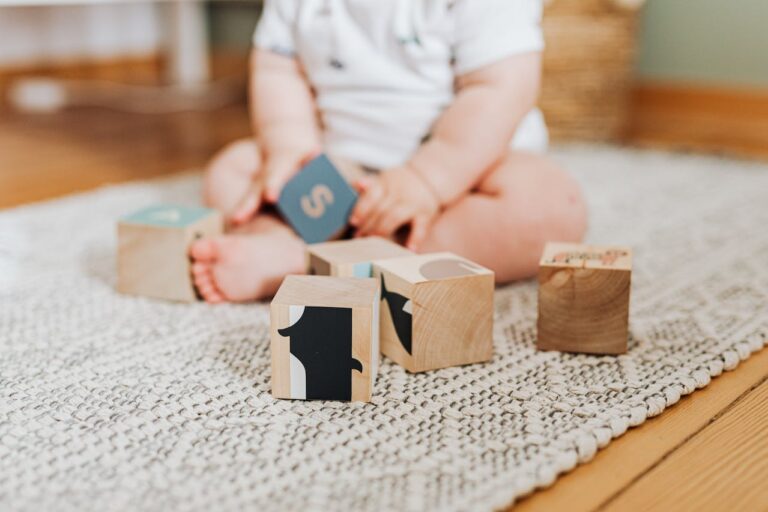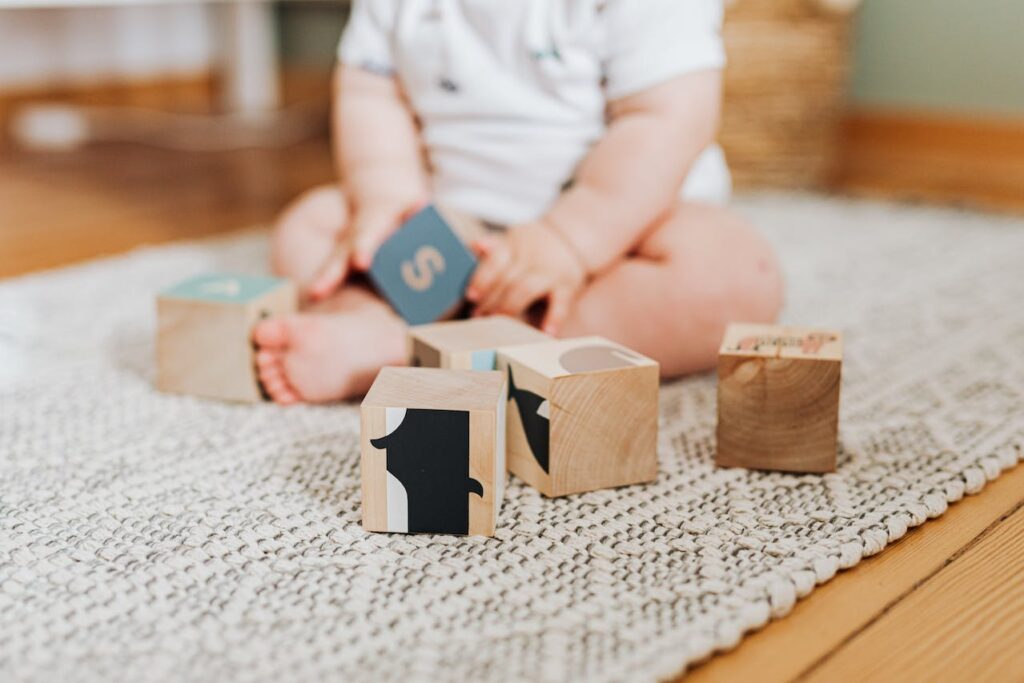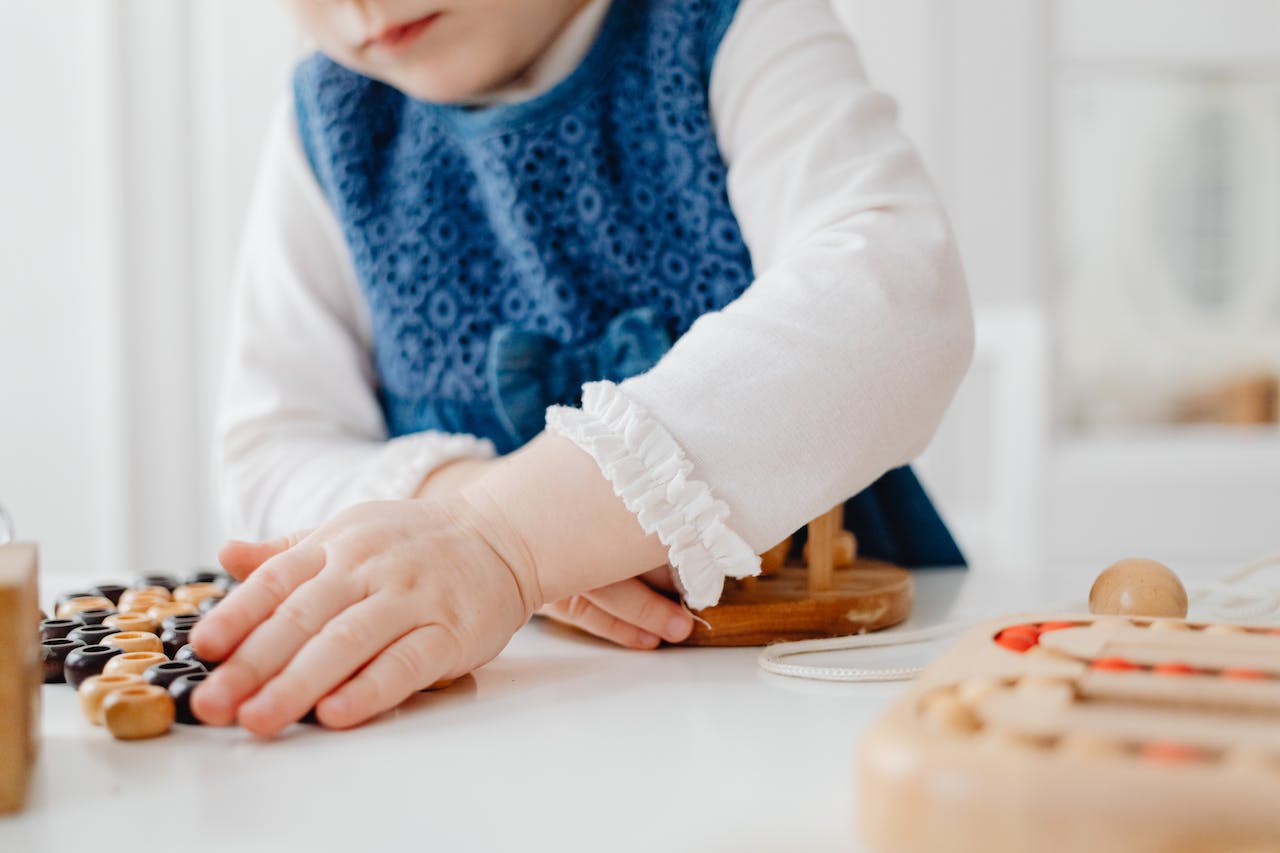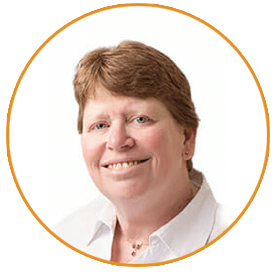Working hours
Mon - Fri: 8am to 5pm
Mon - Fri: 8am to 5pm
Share


As 2023 ushered in crucial changes in early years legislation, it’s vital that, as an early years provider, you revisit your policies. The updated regulations and guidance, surrounding areas such as the Early Years Foundation Stage (EYFS) and Prevent Duty, require us to have a proactive approach to get things right not only from a business perspective, but for the children we care for too.
This blog is a gentle reminder that the beginning of 2024 is the ideal opportunity to align your policies and procedures with the ever-evolving landscape of early years to ensure compliance and the best possible service for our young learners.
Keep reading to discover essential insights to help you navigate the 2024 legislative changes effectively…
In 2023, the Department for Education (DfE) held a pivotal consultation period that sought a sector-wide perspective on the proposed EYFS changes. The response wasn’t as hoped, with just a meagre 2659 responses from the entire early years sector. Similarly, the ‘Working Together to Safeguard Children 2023’ document, released at the end of 2023, experienced a similar lacklustre response. Finally, we had the Prevent Duty guidance that came into force on 31st December. I wonder how many of you have yet to engage with it?
I’m not pointing fingers; we all know how pressurised running an early years setting is, leaving hardly any time for the paperwork. However, these insights highlight the need for increased engagement from the early years sector to ensure best practice across the board.
From January 2024, the EYFS framework underwent a transformation by splitting into two versions. One aimed at childminders and the other for group and school-based providers. The key amendments include:
The Change
Checking how EAL children are doing is still really important, but you no longer have to record every observation you make, helping to reduce the pressure of paperwork. It’s important to note, however, that the progress check at two years remains a requirement.
What You Need To Do
It’s essential that you keep monitoring the progress of children with EAL to ensure they’re achieving developmental milestones and to identify any areas that may require additional support. Schedule their two-year check into your diary now to make sure it doesn’t get missed.
The Change
Safeguarding guidance about the use of electronic devices that can take photos, record videos and share things has expanded to keep up with technological advancements. The aim is to make sure everyone who uses electronics in your setting does so responsibly to create a safe and secure environment for everyone.
What You Need To Do
The current EYFS mandate states:
‘The safeguarding policy and procedures must explain the action to be taken when there are safeguarding concerns about a child and in the event of an allegation being made against a member of staff and cover the use of mobile phones and cameras in the setting.’
The DfE has elaborated on this to include all other electronic devices with image and sharing capabilities (smartwatches, for example). Your policy regarding the use of electronic equipment will need to reflect this, be communicated to all staff, and additional training provided if required.

The Change
Things are being made clearer for qualifications…
What You Need To Do
First, you need to ensure any new managers have a Level 2 mathematics qualification or will have 2 years to work towards one. For ratios, work out and document how you’ll assess students and apprentices to ensure they have the competency required to be counted in the numbers.
Finally, go through all your policies and change all references to the EYFS 2023 to the 2024 version.
The aim of these key changes is to simplify how you do things, reduce unnecessary stress and improve the transparency of policies and procedures for everyone who comes into contact with your early years setting.
The Early Years Foundation Stages (EYFS) states that providers must consider the government’s statutory guidance ‘Working Together to Safeguard Children’ and ‘Prevent Duty Guidance for England and Wales’. Whilst it’s mandatory for schools and groups, including nursery settings, to adhere to these two documents, it’s also beneficial for childminders to read them as well.
Prevent Duty was updated in December 2023 to be easier to understand and implement. It focuses on preventing individuals from becoming terrorists, emphasising knowledge and the ‘Notice, check, share.’ procedure. How does it help children? It supports those vulnerable to extremist influences through mentorship and guidance towards an alternative path.
Aligning your policies with Working Together to Safeguard Children (2023) and making your team aware of the changes, is essential to provide and maintain a secure environment. Working in tandem with EYFS and Prevent updates, it emphasises child-centred working, strengthening communication and agency collaboration. As well as encouraging you to be more proactive to help keep young people protected online. Our previous blog, ‘What is E-Safety In Early Years And Why Does It Matter?’, can be a useful tool for you to use as guidance to inform your own safeguarding policy.
Your own personal wellbeing is a big focus for 2024, with Ofsted making changes and providing inspectors with additional training in reflection of the tragic case of Ruth Perry, the head teacher whose tragic death by suicide directly related to an Ofsted inspection. With that in mind, it’s a good time to review your own setting’s wellbeing policy and procedures.
Updating policies and procedures isn’t everyone’s forte or cup of tea. That’s why we’ve produced a comprehensive set of essential paperwork to ensure your safeguarding meets all the requirements.
Or why not subscribe to our Early Years Rocks Clinic and come together with other managers and deputies in the early years sector to seek support, discuss changes and share strategies?
Because as they say…
A problem shared is a problem halved. And we’re here to take away the stress of going it alone.
With the ever-changing regulations and guidance, sign up to our monthly newsletter and mailings to stay current and keep up to date with running your childcare setting.
Simply enter your details below to join our mailing list.
By completing this form you are agreeing to our privacy policy You can unsubscribe at any time
